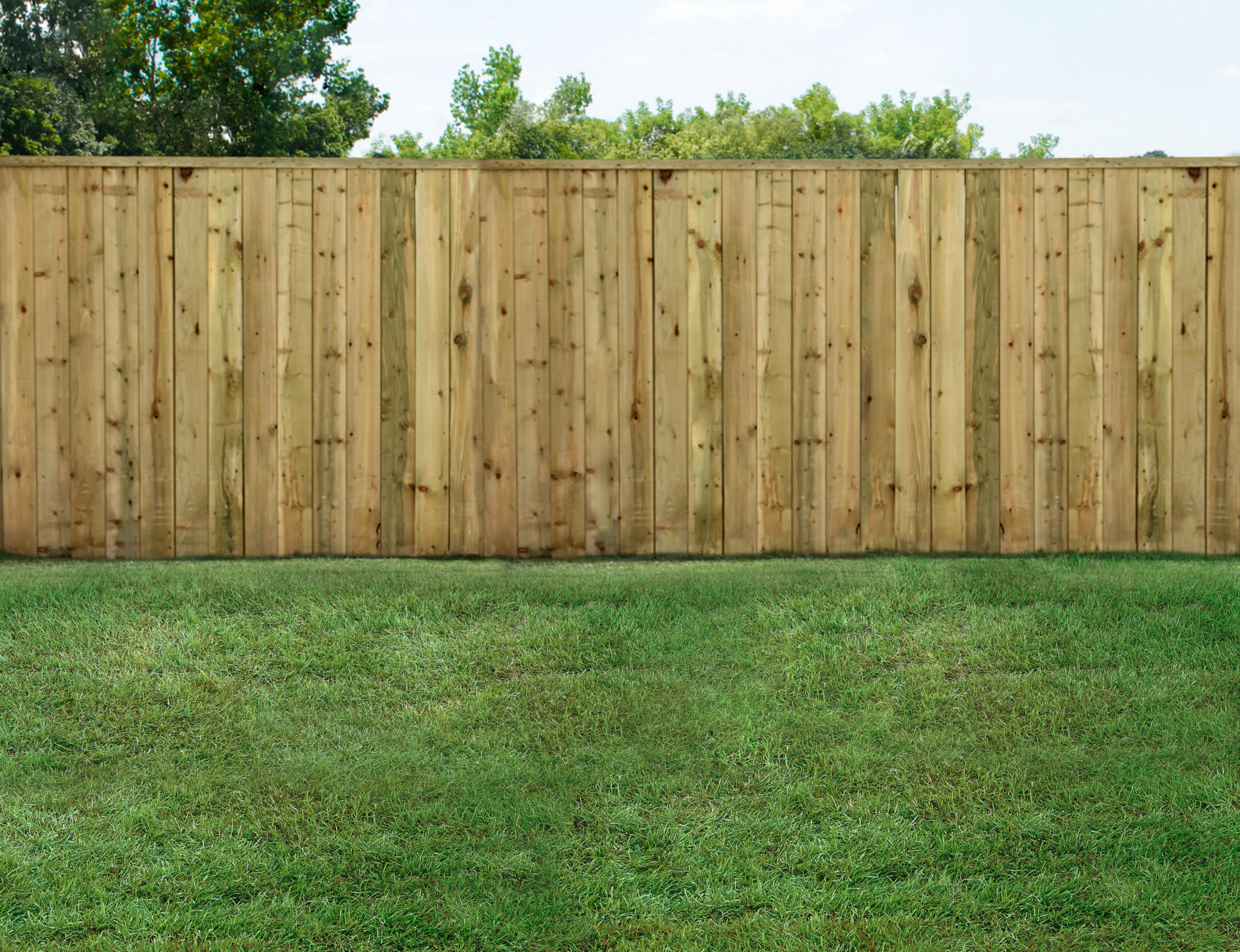How to Choose the Right Fence for Your Property in NSW: A Comprehensive Guide
WC
Choosing the right fence for your property in New South Wales (NSW) can significantly impact your home's aesthetics, privacy, and security. With a variety of options available, it's crucial to consider several factors before making a decision. This comprehensive guide will walk you through the essentials of selecting the perfect fence for your needs.
Understand Your Primary Purpose
Before diving into the details, it's essential to understand why you need a fence. Is it for privacy, security, aesthetic appeal, or to keep pets and children safe? By identifying the primary purpose, you can narrow down your options to those that best meet your needs. For instance, a high timber fence might be ideal for privacy, while decorative metal fencing could enhance curb appeal.

Consider Local Regulations and Restrictions
In NSW, local councils have specific regulations regarding fence heights, styles, and materials. It's important to check with your local council to ensure compliance. Some areas may have restrictions due to heritage considerations or local zoning laws. Ignoring these regulations can lead to fines or the necessity of removing the installed fence.
Additionally, if your property borders another, it's wise to consult with your neighbors. Fencing can sometimes be a shared responsibility, and open communication can prevent disputes.
Choose the Right Material
The material you choose for your fence will affect its durability, maintenance, and cost. Popular options include:
- Timber: Offers a classic look and is great for privacy but requires regular maintenance.
- Metal: Durable and low-maintenance, available in steel or aluminum; ideal for security.
- Vinyl: Low-maintenance and available in various styles and colors.
- Brick or Stone: Provides excellent privacy and noise reduction but can be expensive.

Factor in Climate Conditions
NSW's diverse climate should also influence your decision. Coastal areas might require materials resistant to rust and corrosion, such as treated wood or aluminum. In contrast, regions with significant rainfall might benefit from materials that withstand moisture well, like vinyl or treated timber.
It's also essential to consider wind resistance if you're in an area prone to strong winds. Solid panel fences might not be ideal in such locations due to their lack of airflow.
Budget Considerations
Your budget will play a significant role in the type of fence you choose. While it might be tempting to go for the cheapest option, remember that initial savings could lead to higher maintenance costs down the line. Investing in quality materials upfront can result in long-term savings.

Maintenance Requirements
Different fencing materials come with varying maintenance needs. For instance, timber fences require regular staining or painting to prevent rot and insect damage. On the other hand, metal and vinyl fences are relatively low-maintenance but may require occasional cleaning or rust protection treatments.
Consider how much time and effort you're willing to invest in maintaining your fence over the years when making your choice.
Seek Professional Advice
If you're uncertain about which fence is best for your property, consulting with a professional can be beneficial. A fencing specialist can provide insights based on local conditions and help you navigate council regulations. They can also assist in choosing materials and designs that meet both your aesthetic preferences and functional needs.
Ultimately, selecting the right fence involves balancing aesthetics, functionality, budget, and maintenance considerations. With careful planning and consideration of these factors, you can choose a fence that enhances your property in every way.
